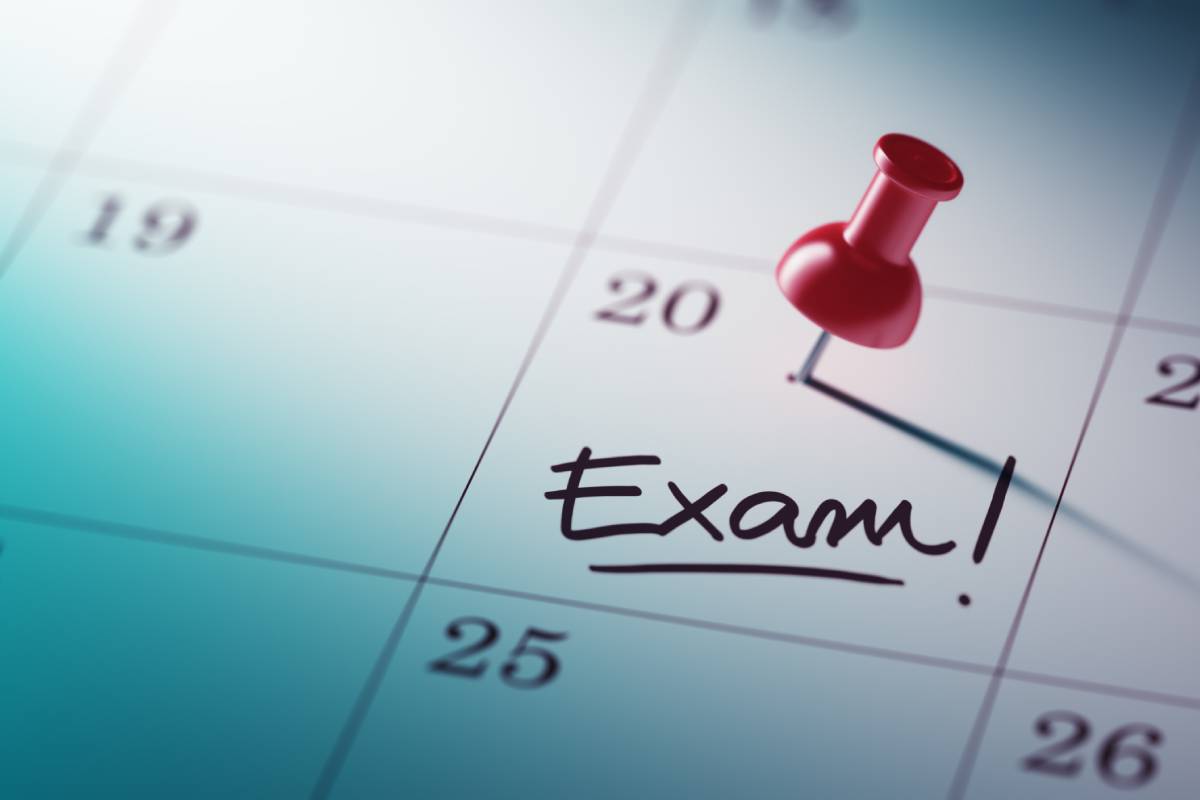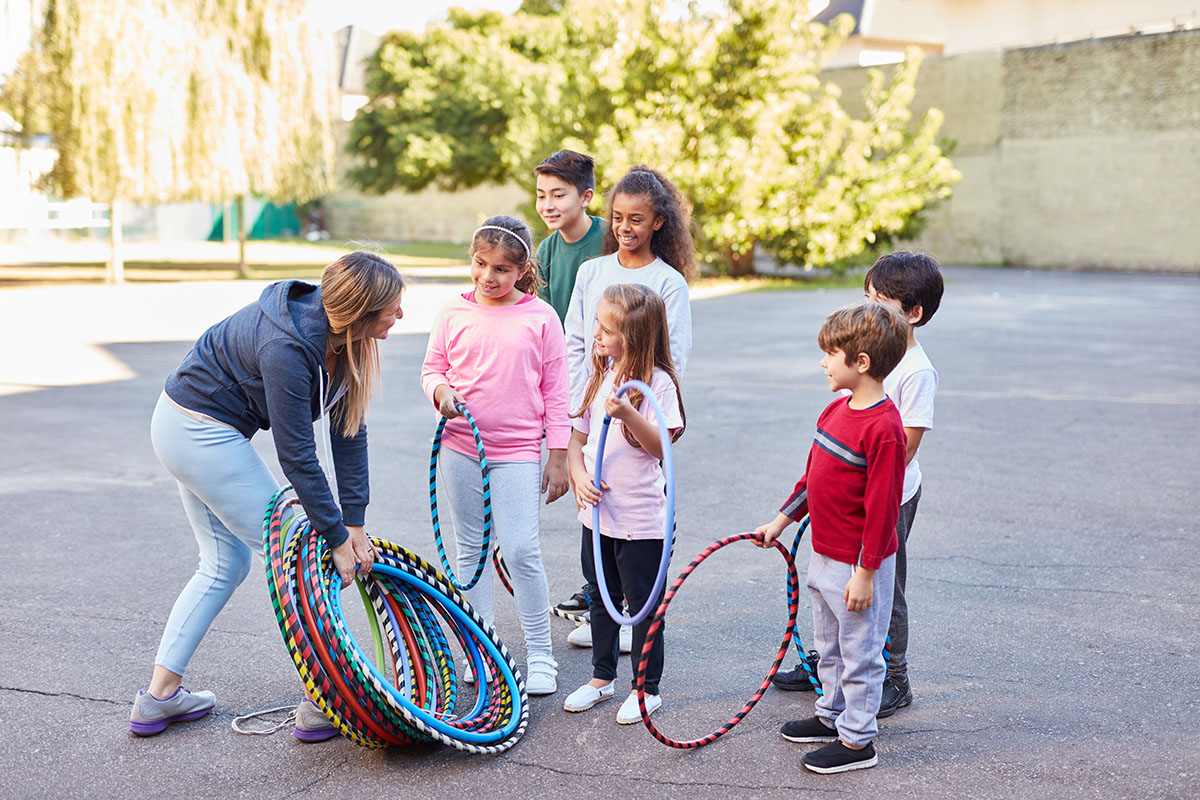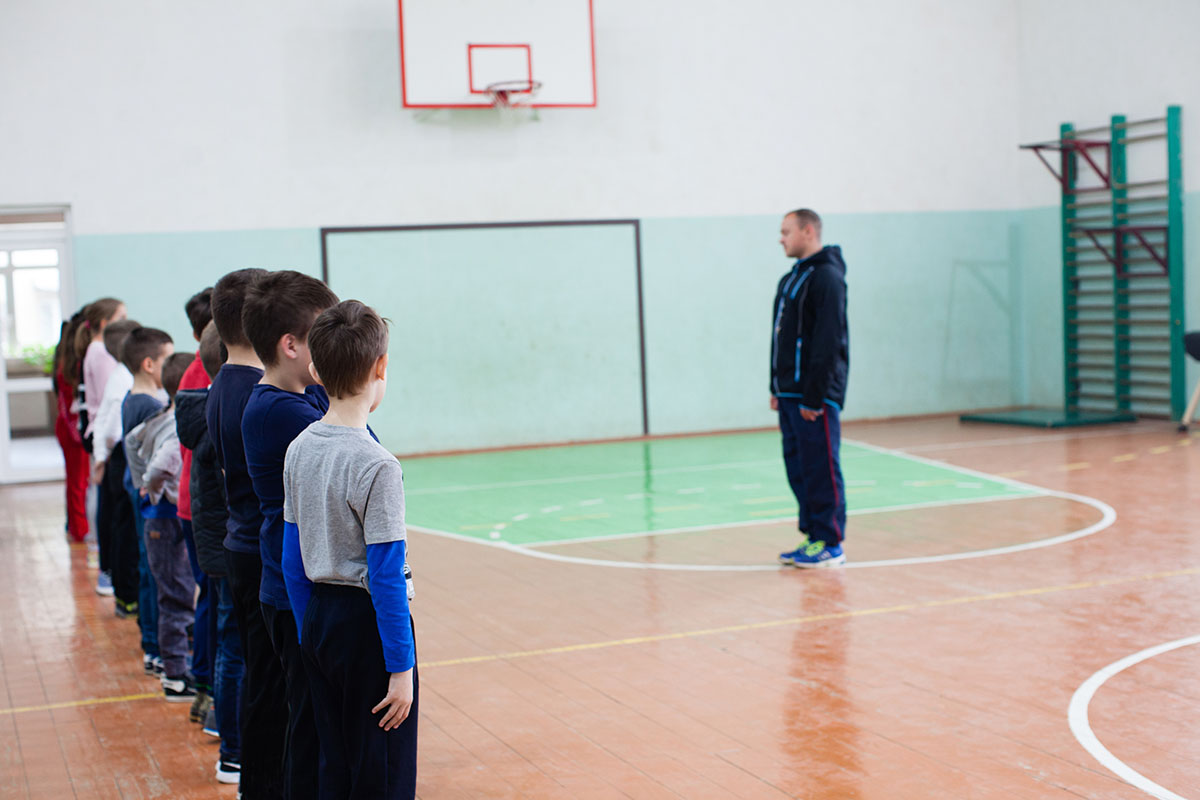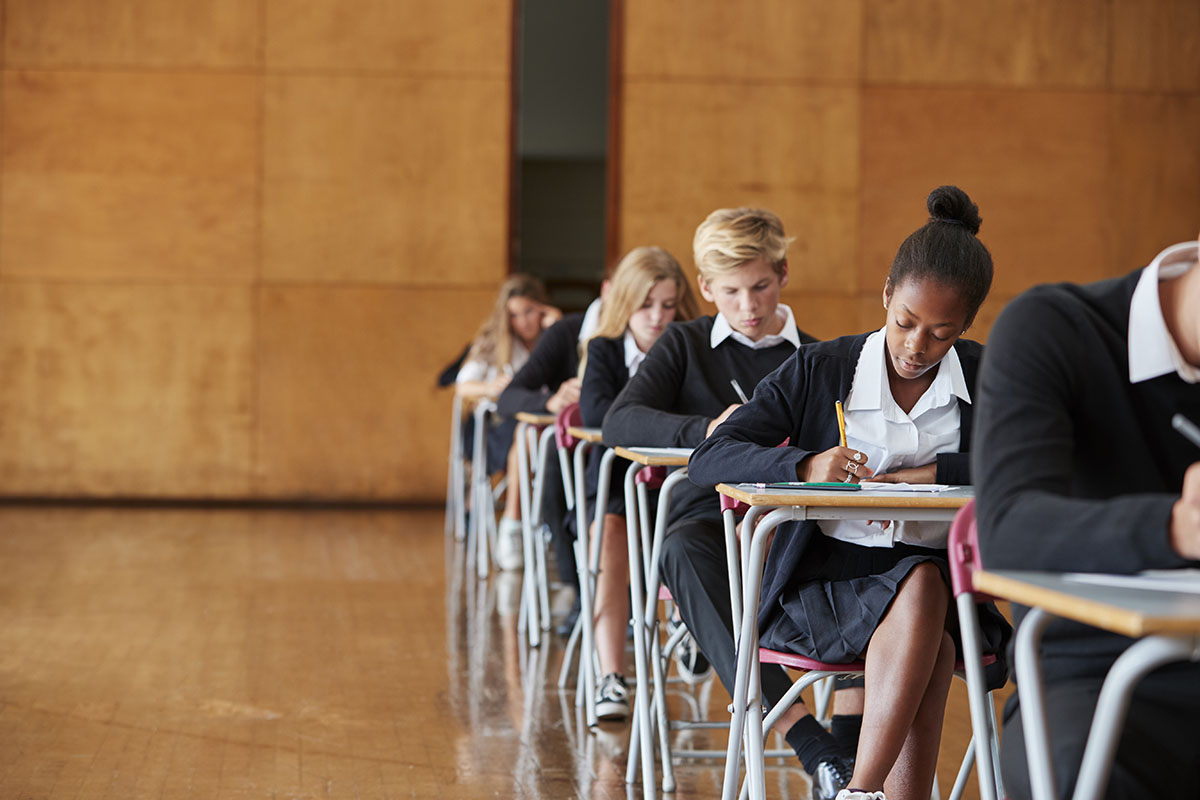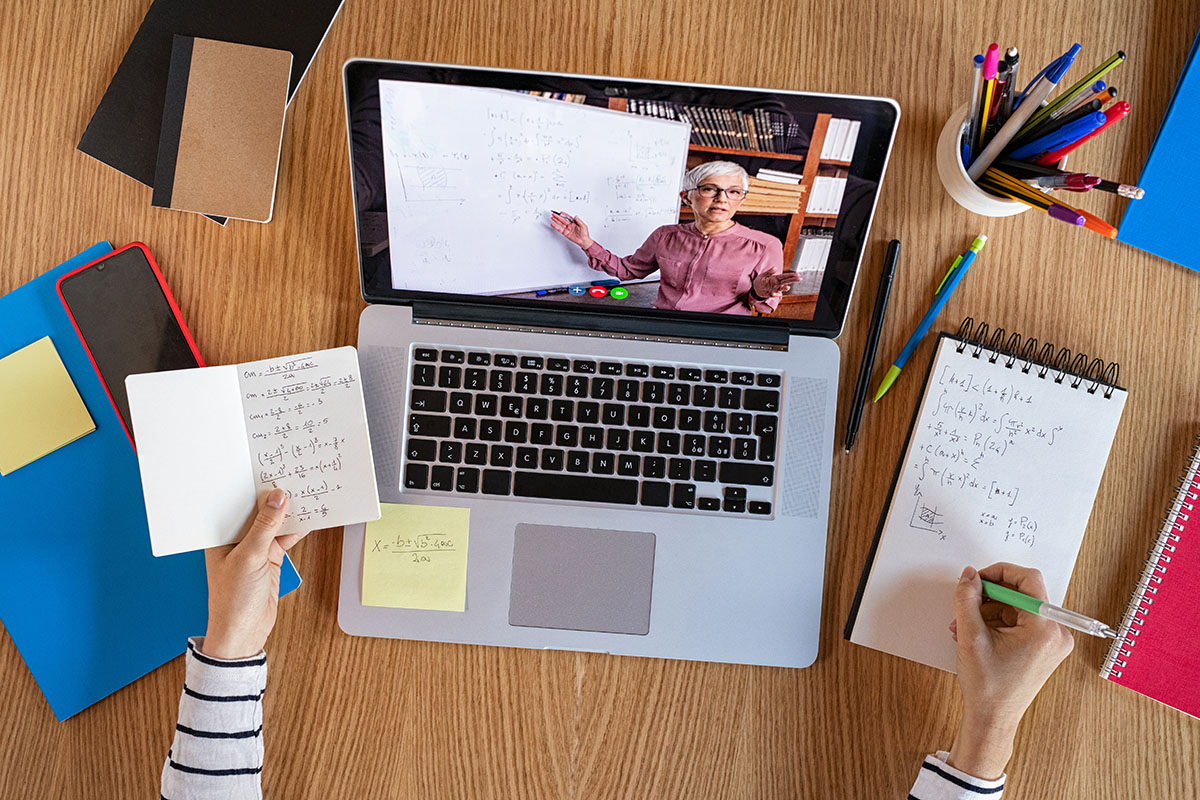Exam time can be stressful for students, often leading to a deterioration in the expected levels of behaviour in the classroom.
It is no surprise that emotions are often heightened due to the pressure, with many students finding it difficult to express their feelings. Teachers can make a real difference if they introduce some simple strategies to minimise low-level disruption.

